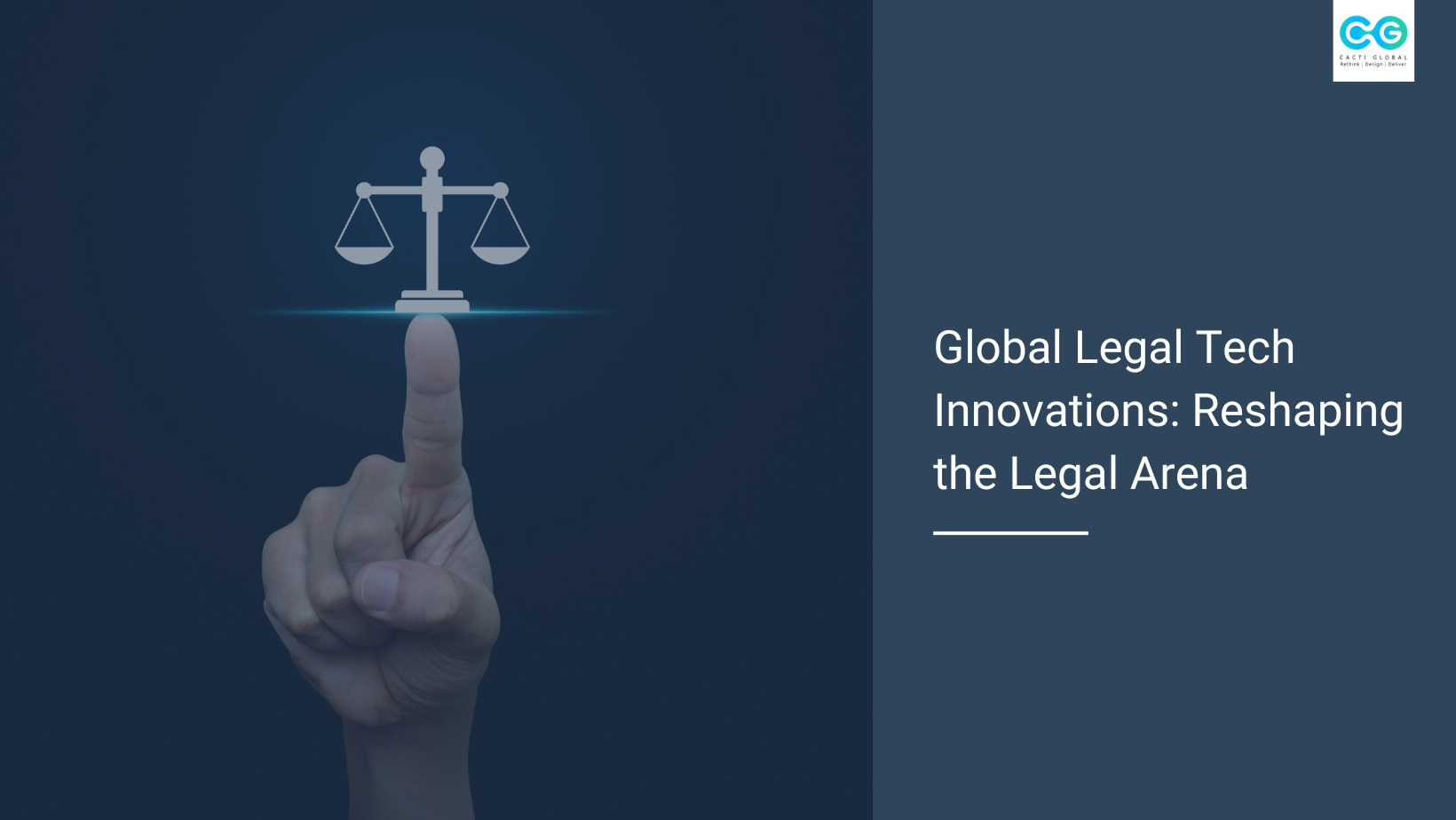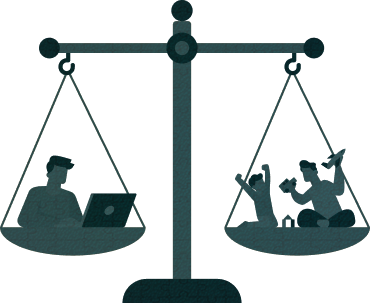Organizations around the world are increasing their legal tech adoption and emerging technologies are gaining in popularity across different regions. Legal tech is transforming how administrative tasks are automated and with the advent of AI and Blockchain, businesses are making workloads more manageable.
The legal software market is a game-changer and many legal tech innovations are coming along the way. Here are the top five for 2023:
Digital Interfaces for Courts and Government Agencies
Businesses that work regularly with courts and government agencies are providing digital interfaces embedded with legal tech solutions. Right now, there are not many vendors offering this but COVID-19 has pushed digital acceleration and made legal practices move to the online world. There will be an increased adoption of open-source technologies and businesses will leverage centralized dashboards for processing applications, filing dispute resolutions, and other legal applications.
Legal Tech Incubator Spaces
Once upon a time, there were only two legal tech incubators in the world – MDR and Fuse. Startups and bigger companies are gaining insights and developing winning plans for legal tech innovations by launching legal tech incubation spaces. We have already seen developments happening in London and LexisNexis in California was another recent introduction. Thomson Reuters is working with several legal tech companies to bring growth programs to companies. Incubator projects help companies accelerate the early stage of growth, build better products, and deliver innovation to clients.
Project Management Software
Another area where legal tech innovation is happening is the various types of project management software being developed worldwide. CaseCam and Motus are the two most popular products in this category and many solutions help businesses reduce costs for clients and create more efficient workflows. Singapore is solving problems in the legal industry by incorporating legal research and analytics systems. Tesseract gives professionals feedback on texts extracted from legal documents and consolidates billing and invoice management.
Cloud-Based and AI Solutions
Cloud-based solutions like Clio and MyCase make legal tech data accessible from any location and allow teams to manage legal practices from any device. AI-enabled robots are giving professionals legal advice in different parts of China and it’s an emerging trend. For example, XiaoFa can answer over 40,000 litigation questions and Qinghai’s legal service centers can respond to a broad range of topics on areas such as consumer rights, mediation laws, etc.
E-Discovery
E-discovery solutions are streamlining document discovery and making it convenient for organizations to review large volumes of data and speed up evidence collection. They also scan thousands of pages from documents in minutes for automated data extraction and advanced analysis. CasePoint recently won the “E-Discovery Innovation of the Year,” award and companies are increasing their adoption of redlining and document assembly solutions as well.











